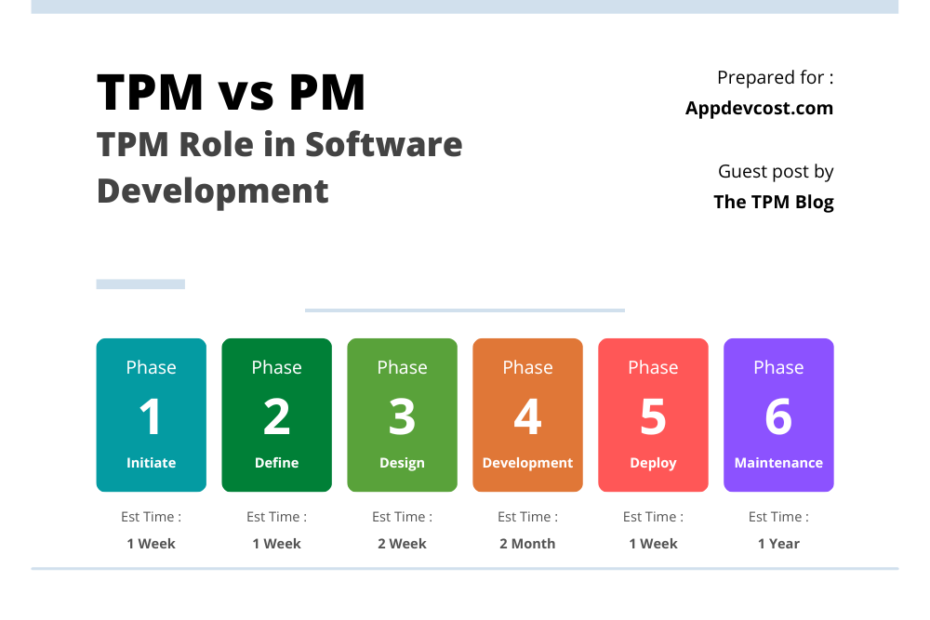A Technical Program Manager (TPM) is responsible for leading cross-functional teams to deliver complex technical projects, products or programs. They act as the primary point of contact between the technical and non-technical teams, and bridge the gap between the two. TPMs are responsible for the technical execution of a project and ensuring that the team is on track to meet the project’s technical requirements and deliverables. They also work closely with engineers, developers, and product managers to ensure that the project is technically feasible and that the team is equipped with the necessary resources to complete the project.
On the other hand, a Program Manager (PM) is responsible for the overall management and coordination of a project or program. They are responsible for creating project plans, managing budgets and timelines, and leading cross-functional teams to deliver projects on time and within budget. PMs work closely with upper management and stakeholders to align project goals with the overall strategy of the organization. They also ensure that all teams involved in the project are working together effectively and that the project is on track to meet its goals.
In summary, while both roles involve leading teams, creating project plans, and managing budgets and timelines, TPMs tend to focus more on the technical execution of a project, while PMs tend to focus more on the overall strategy and coordination of different teams and stakeholders.
Technical program manager’s role in software development
In software development, Technical Program Managers (TPMs) play a crucial role in overseeing the technical aspects of a project or program. They are responsible for leading cross-functional teams, which may include engineers, developers, and product managers, to deliver complex software projects.
TPMs work closely with the technical team to ensure that the project is technically feasible and that the team has the necessary resources to complete the project. They also work closely with the product management team to ensure that the project aligns with the overall product strategy.
Some of the key responsibilities of a TPM in relation to software development may include:
- Defining the technical requirements and deliverables of the project
- Managing the technical execution of the project
- Overseeing the design, development, and testing of the software
- Identifying and mitigating technical risks
- Communicating with stakeholders and upper management to provide updates on the project’s progress
- Managing the technical budget and resources
- Coordinating the release of the software and ensuring it meets the quality standards
TPMs also work with the development team to ensure that the software is built using the latest technologies, frameworks and best practices, and that the software is delivered on time and within budget. They also ensure that the software is scalable, maintainable and can be deployed in different environments.
Overall, the Technical Program Manager is responsible for ensuring that the technical aspects of the software development project are executed successfully, and that the final product meets the technical requirements and deliverables. They act as a liaison between the technical and non-technical teams, and ensure that the project is delivered on time and within budget while meeting its technical requirements and deliverables.
